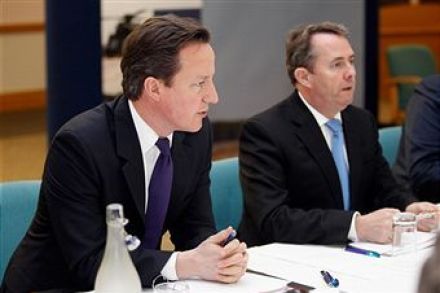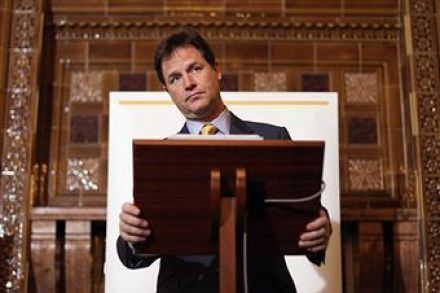A missed opportunity to strengthen the Big Society in rural areas
David Cameron came into power promising to deliver the greenest government ever and this week the government published its Natural Environment White Paper. In his article on this site, Richard Benyon – Defra Minister and long-time supporter of rural affairs – explains where he believes this White Paper will make a difference. From provisions to increase outside learning for school children, to recognising the hard work that rural businesses are already doing; there is much to be commended. ‘The Natural Choice’ promises to repair the damage that has been done to the environment in the recent past and encourage greater involvement in helping nature prosper – the ‘Big Society’




















